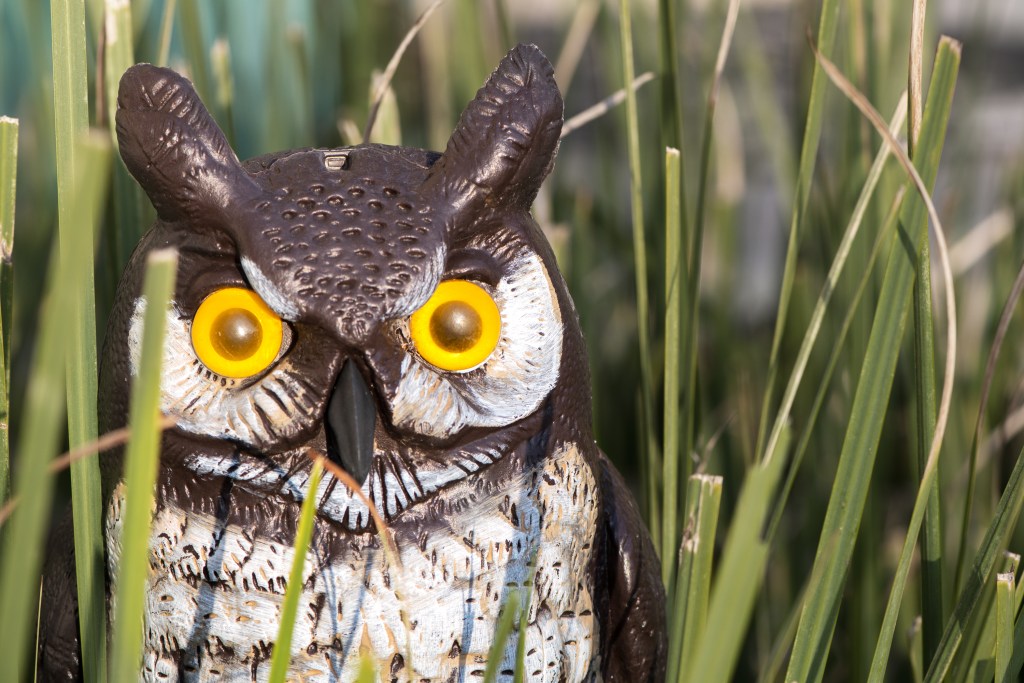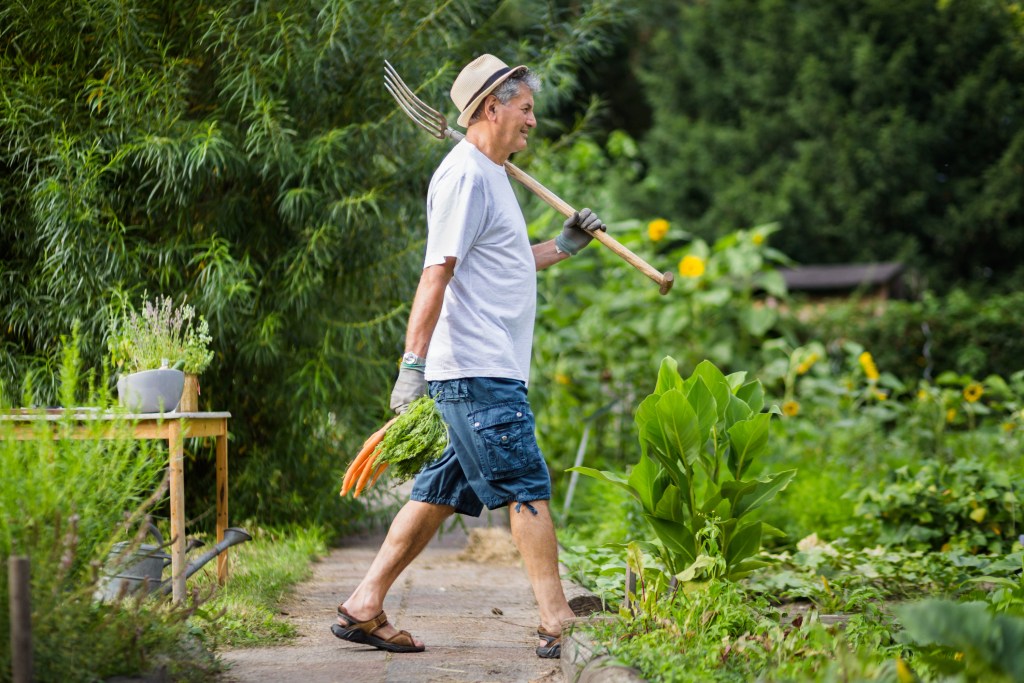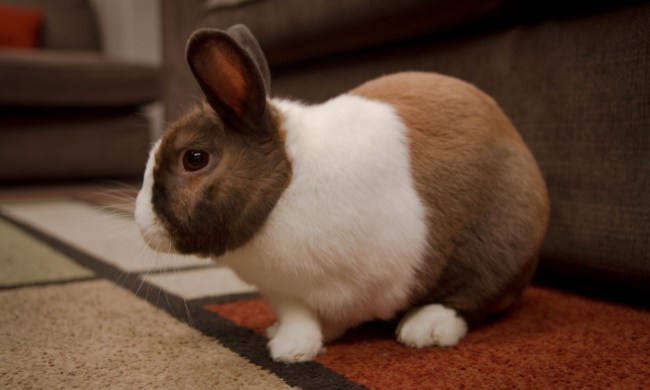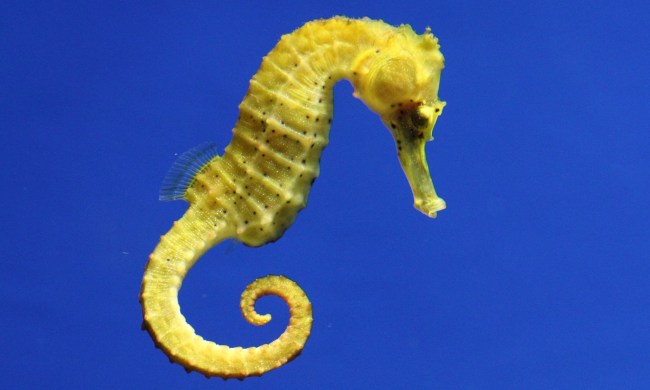So many of us love to look out the window at the flocks of birds adorning our lawns, but they can be a nuisance in some cases. Birds eat flowers, nuts, and fruits growing in our yards and may attract other animals, like predators, to the area. They’re also known as good alarm clocks for a reason — you’re likely to hear their sweet songs sometimes even before the sun comes up.
Of course, we never want to hurt birds, and it’s typically illegal to do so, but there are plenty of humane ways to discourage them from visiting. If you love looking at photos of birds more than watching them devour your fruit trees, here’s how to keep birds away.

What’s the best way to keep birds away?
There are a few methods you can use to keep the birds at bay, and you should definitely think about combining these, especially if you can set it and forget it. Try the simple tricks first to see if anything sticks, then escalate as needed.
Step 1: Attract them as little as possible. Avoid bird feeders if you don’t want them to show up to the feast. You’ll also want to pass on any plants that birds enjoy eating, like sunflowers. Lastly, water draws them, of course, and any fountain or birdbath will act as a magnet to all sorts of creatures, avians included.
Step 2: Set up predator decoys and window decals. Put up fake snakes, scarecrows, and owls around your home and garden to scare off any smaller birds who might check out the area. While you’re at it, place sticky decals on the outside of your window to help birds know to stay away from the glass (it doesn’t work if you stick them to the inside because of the reflection).
Step 3: Use stainless steel spikes. These are in no way meant to hurt birds, but they will make it tricky for many to land in particular areas. You won’t want them littering your yard, but they will be great additions to certain spots in your garden, near flowers or vegetables. Keep in mind that the edges won’t pierce the birds even if they do attempt a landing since they’re dull.
Step 4: Install bird scare tape. Unlike those spikes, the tape will work best hanging from trees, fences, and even your house. It deters birds both by reflecting the light to scare them away and by making noise they don’t like. It might stand out on your property, though, and some homeowners don’t love the look (or sound) themselves.

What scents keep birds away?
Many common scents, some extra pleasant to our noses, deter birds. You can buy specially designed bird gel to do the job for you or look in your pantry for a few of the more pungent foodstuffs.
Some of the best include peppermint oil, hot chili or cayenne pepper, garlic, and vinegar. Order a few of these or dig them out of the cupboard and apply them to areas where you don’t want birds investigating by mixing with water and spraying it on. This fades quickly, so you want to apply every week and after rain. Never use harsh chemicals as they will hurt birds and your plants or other wildlife.
While watching beautiful birds makes for a scenic view at times, there are lots of reasons why you might want them to leave your house and yard alone. You’ll never completely stop them from dropping by, but between scent, sound, and visuals, you can make your property a lot less welcoming to the feathered beasts of the neighborhood. Determine which works best for you and continue to add new methods as needed.




